Help Save Our Seas!
There are over 5 “gyres” or whirlpools of garbage floating around our global oceans. Each of these gyres is three times the size of the state of Texas!
Public education and activation is key.
To Save Our Seas, it is as easy as donating to any of these organizations to have an impact on cleaning the world’s oceans.
The dolphins, whales, and future generations of humans will love you for it!
Our Global Plastic Reckoning
Why is Plastic in our Oceans such a problem?
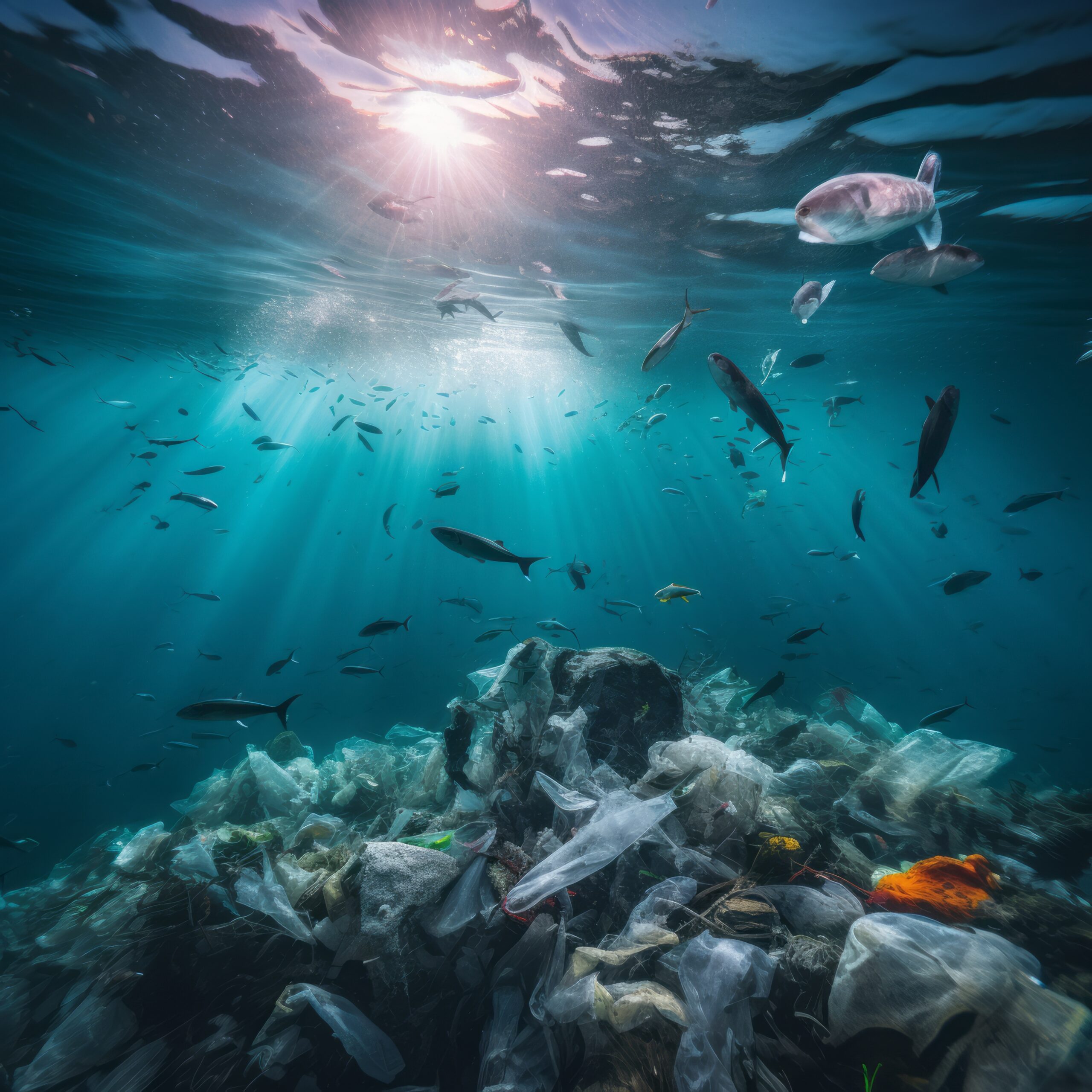
How Much Plastic Is In Our Oceans?
Estimates of 5.25 TRILLION Plastic particles weighing 269,000 TONS as floating in the world’s Oceans. Lest we forget this Plastic garbage disintegrates into microplastics into the food chain eaten by unsuspecting birds and sea creatures… many of which are mammals.
Why 99% of ocean plastic pollution is "missing"
For the past several years scientists have been trying to account for the 8 million metric tonnes of plastic that we dump into the ocean each year. The assumption was that a large portion of it was floating out in one of the large garbage patches, where swirling debris accumulates thanks to ocean gyres. But recent measurements of the amount of trash in the patches fell far short of what’s thought to be out there. Scientists are getting closer to an answer, which could help clean-up efforts and prevent further damage to marine life and ocean ecosystems.
For more information & to participate in the Ocean Conservancy’s annual beach clean-up events.
- Over 400 million tons of plastic are produced every year for use in a wide variety of applications.
- At least 14 million tons of plastic end up in the ocean every year, and plastic makes up 80% of all marine debris found from surface waters to deep-sea sediments.
- Marine species ingest or are entangled by plastic debris, which causes severe injuries and death.
- Plastic pollution threatens food safety and quality, human health, coastal tourism, and contributes to climate change.
The Global Plastic Problem
By 2050 there will be more plastic than fish in the oceans. Plastic pollution is now considered one of the largest environmental threats facing humans and animals globally. In “The Plastic Problem: PBS NewsHour Presents”, Amna Nawaz and her PBS NewsHour colleagues take a closer look.
The enormous scale of plastic in the ocean
This is an example of the scale of the problem of plastic in our oceans.
Each time The Ocean Cleanup crew goes out to sea, they say “It’s very emotional; you’re happy because you have all this plastic on deck, but you are also sad because there’s just a lot more out there”
What you can’t see in this video is the aquatic life being poisoned by the microplastics that disintegrate inside the garbage pile.
You can help
By avoiding 5G technology, you can change the ocean
Learn more about the team and mission of the Quiet Ocean Standards Initiative.
Ocean Cleanup Organizations
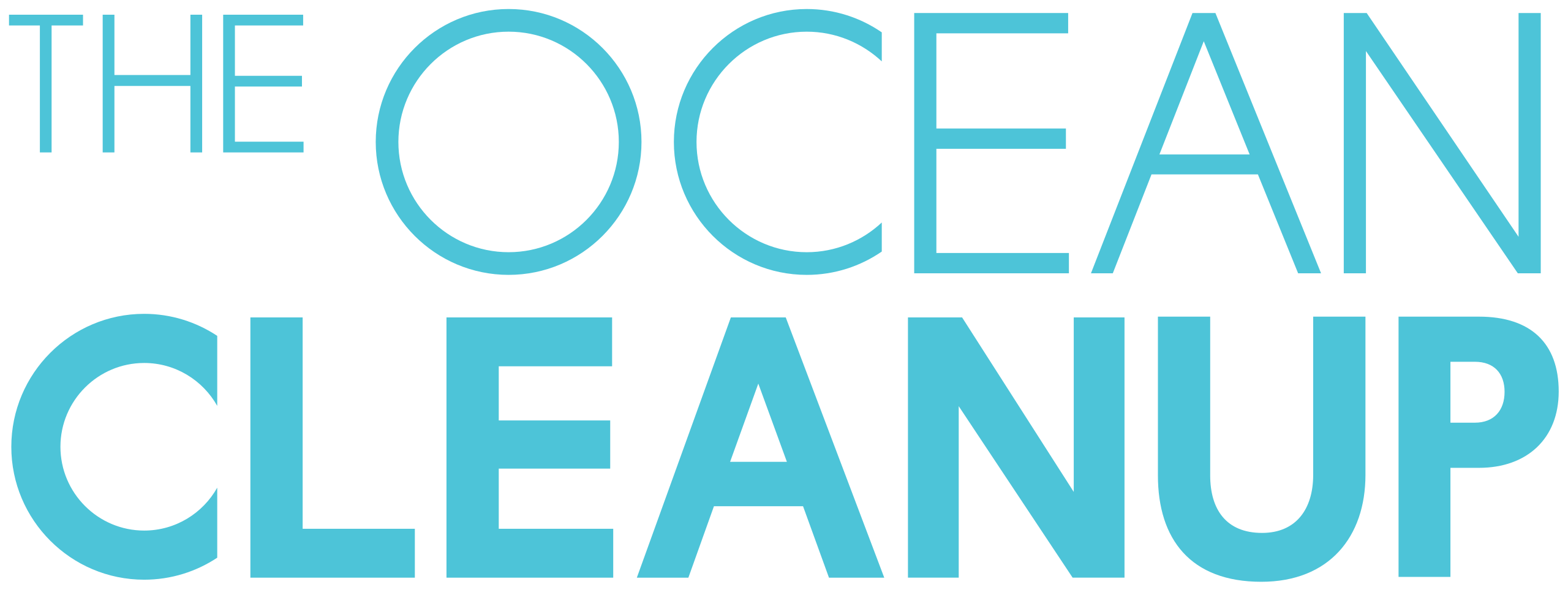

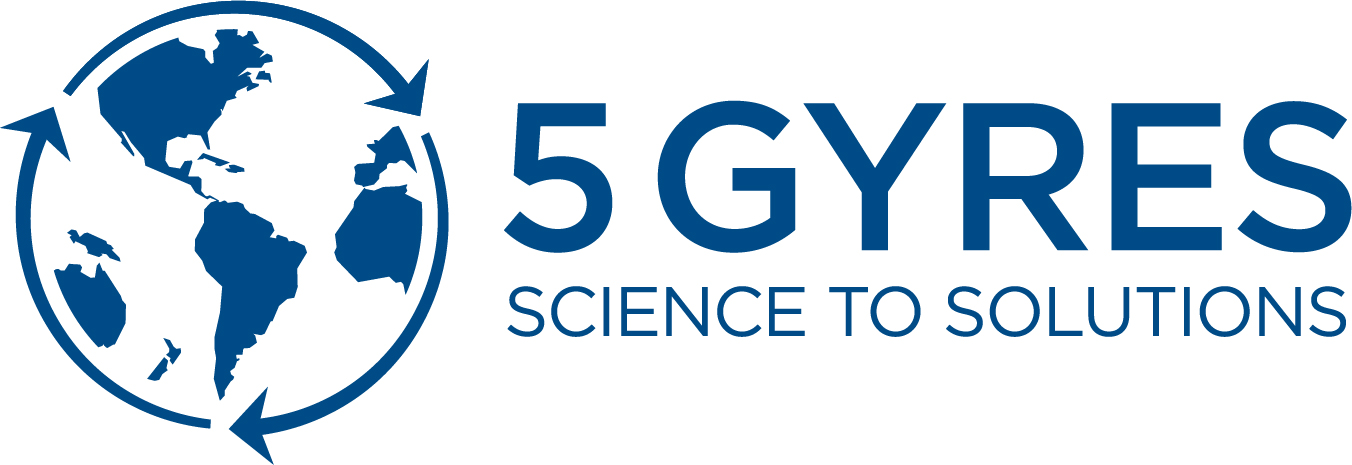
The Ocean Cleanup
The Ocean Cleanup, a non-profit organization, is developing and scaling technologies to rid the world’s oceans of plastic. Our aim is to put ourselves out of business once the oceans are clean.
Ocean Conservatory
Ocean Conservancy is working with you to protect the ocean from today’s greatest global challenges. Together, we create evidence-based solutions for a healthy ocean and the wildlife and communities that depend on it.
5 Gyres
The 5 Gyres Institute (5 Gyres) is a leader in the global movement against plastic pollution, with more than 10 years of expertise in scientific research, engagement, and education.



Only One
Only One is the action platform for the planet. We’re on a mission to restore ocean health and tackle the climate crisis in this generation — with you.
4ocean
4ocean is one of the only companies in the world that directly manages a global ocean cleanup operation and employs professional, full-time captains and crews to recover plastic and other harmful debris from the world’s oceans, rivers, and coastlines seven days a week. All of our efforts are funded primarily through the sale of our products.
Environmental Health News
Journalism that drives the discussion. We are a publication of Environmental Health Sciences, a nonprofit, nonpartisan organization dedicated to driving science into public discussion and policy on environmental health issues, including climate change.
Ocean Activism

Quiet Ocean Standards Initiative
We are leading the charge away from acoustic technology and towards solutions that prove safe for ocean life (such as fiber optics).

Sea Shepherd
Sea Shepherd’s sole mission is to protect and conserve the world’s oceans and marine wildlife. We work to defend all marine wildlife, from whales and dolphins, to sharks and rays, to fish and krill, without exception.

Surfrider Foundation
The Surfrider Foundation is dedicated to the protection and enjoyment of the world’s ocean, waves and beaches, for all people, through a powerful activist network.
Ocean Education
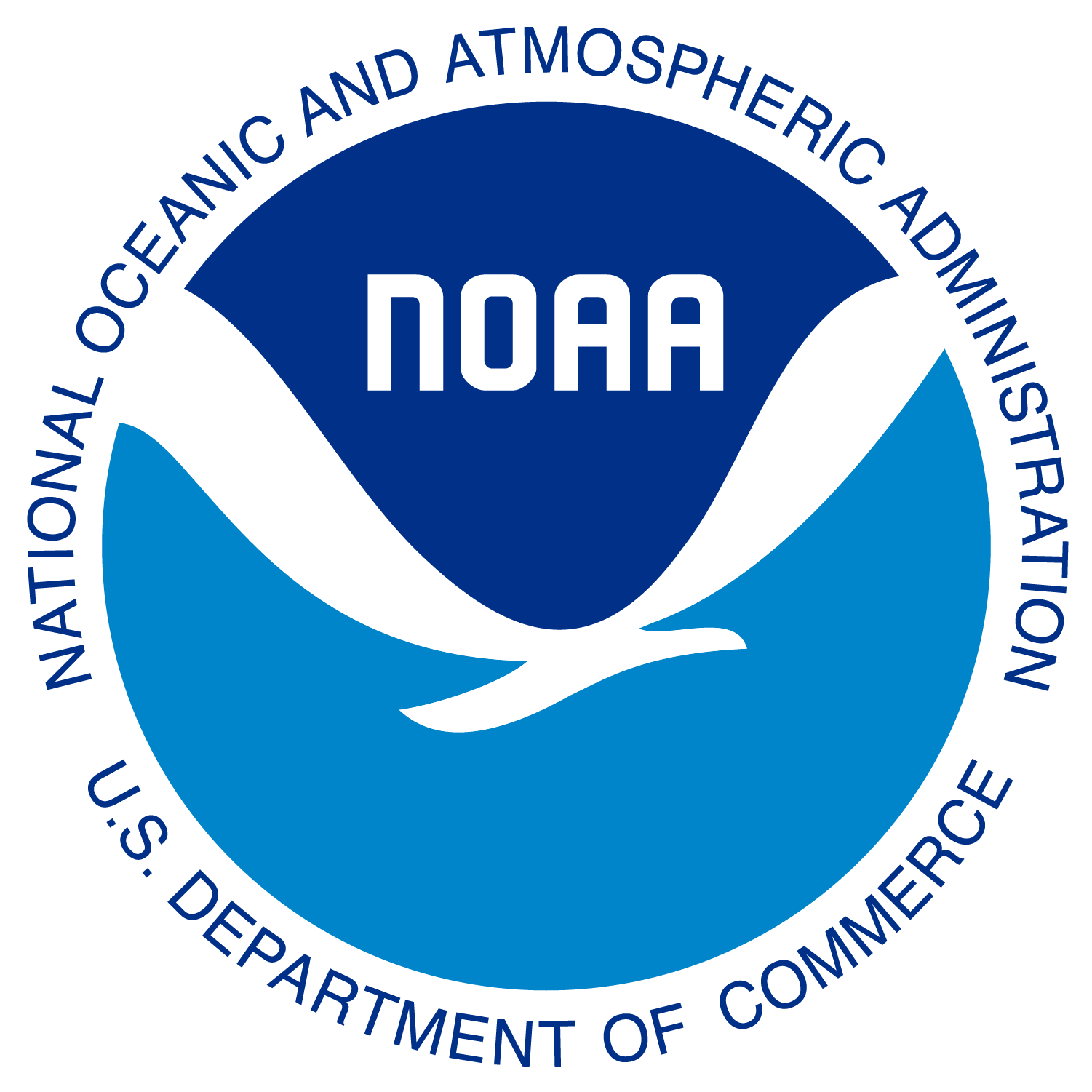
National Oceanic & Atmospheric Administration
The National Ocean Service provides data, tools, and services that protect our ecosystems and enhance climate and economic resilience.

Waterkeeper Alliance
Waterkeeper Alliance ensures that the world’s Waterkeeper groups are as connected to each other as they are to their local waters, organizing the fight for clean water into a coordinated global movement.
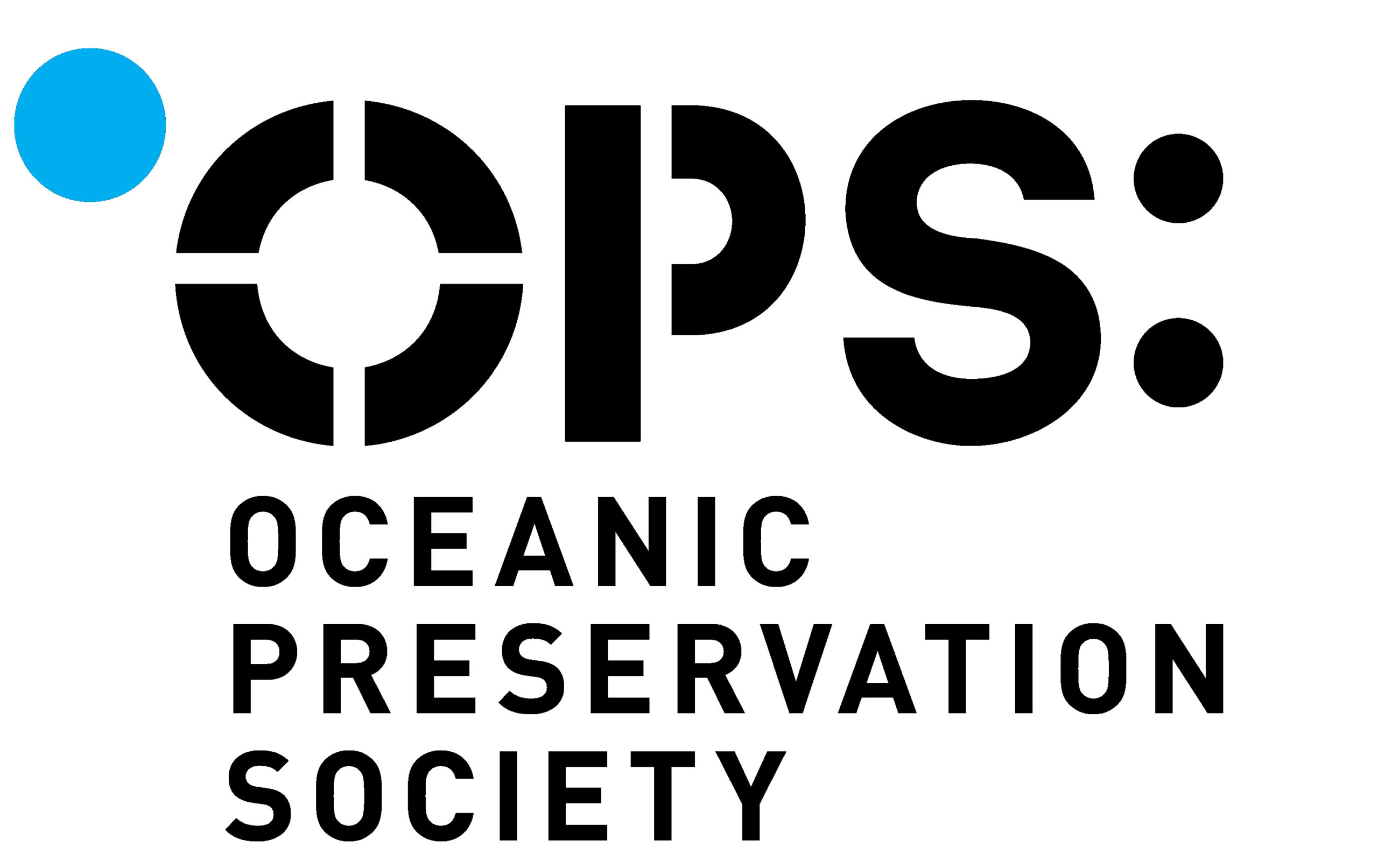
Oceanic Preservation Society
OPS inspires, empowers, and connects a global community using high-impact films and visual storytelling to expose the most critical issues facing our planet.
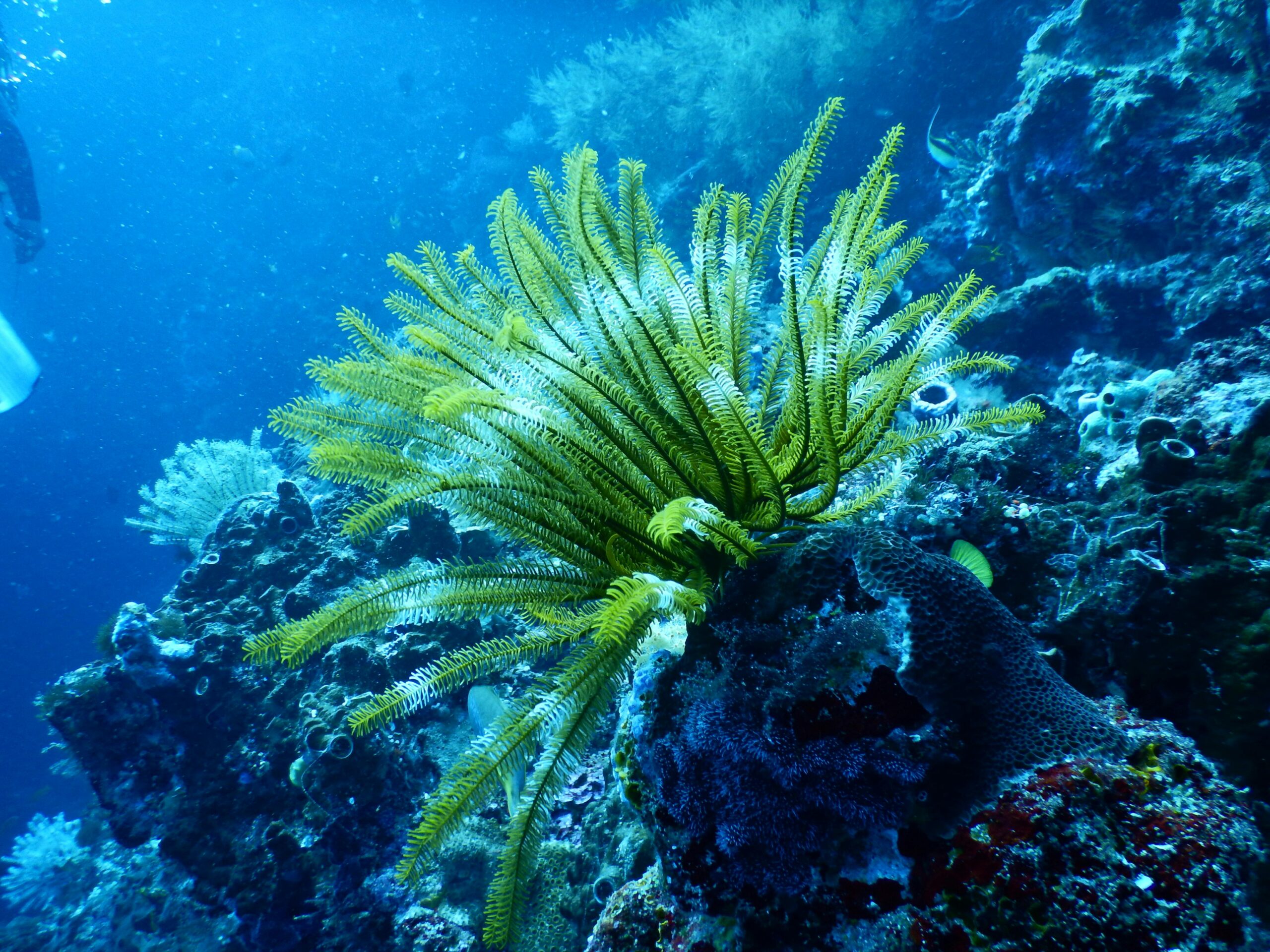
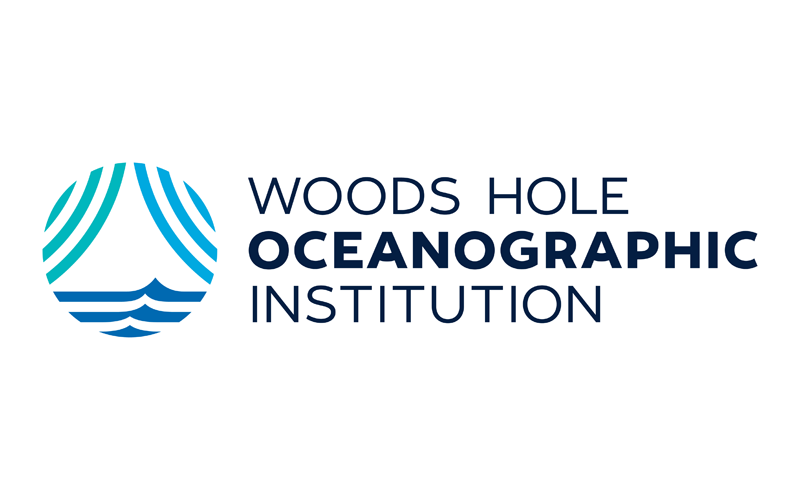
Woods Hole Oceanographic Institution
Woods Hole Oceanographic Institution is the world’s leading, independent non-profit organization dedicated to ocean research, exploration, and education. Our scientists and engineers push the boundaries of knowledge about the ocean to reveal its impacts on our planet and our lives.
Sister Organizations Saving Our Seas
Mission Blue
Igniting public support for a global network of marine protected areas.
Oceana
Oceana is the largest international advocacy organization dedicated solely to ocean conservation.
Global Citizen
We connect Global Citizens and artists to call on world leaders, corporate leaders, and philanthropists to do their part.
Plastic Disaster – An Ocean Pollution Documentary
Plastic has become a way of modern life.
It seems almost impossible to avoid plastic, Unfortunately, people do not use plastic responsibly, and most of it ends up in our oceans killing over 100,000 marine animals each year. With many solutions available, uninformed people will continue using plastic.
With time, plastic will accumulate, eventually causing irreversible damage to the ecosystem.
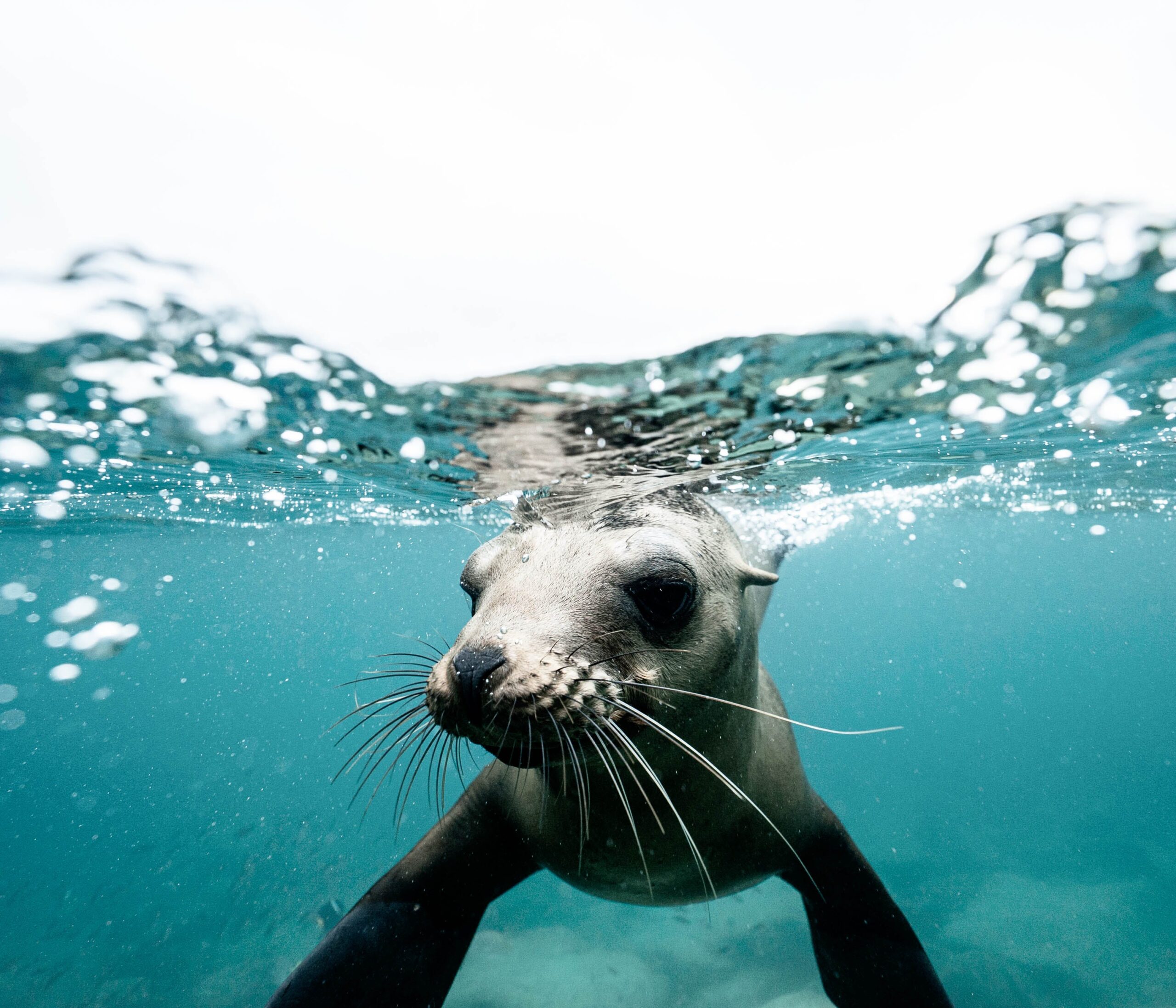
Get Involved
Your action can save our seas
The Pew Charitable Trusts and SYSTEMIQ find that without immediate and sustained action, the annual flow of plastic into the ocean could triple by 2040. However the study identifies solutions that could cut this volume by over 80% as well as have the following benefits:
Generate savings of $70 billion for governments by 2040, relative to business-as-usual
Reduce projected annual plastic-related greenhouse gas emissions by 25%
Create 700,000 jobs
Be a Good Steward to the Whole Planet
Get actively involved in Saving Our Seas today!
